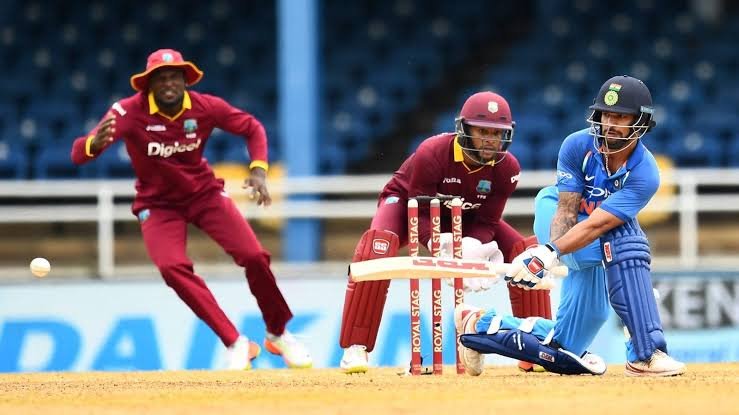The rivalry between the West Indies cricket team and the India national cricket team is one of the most storied in cricket history. Spanning decades, this competition has seen memorable moments, legendary players, and iconic matches. Here’s a timeline highlighting key events in their cricketing history.
1948: The Beginning
The first-ever Test series between the West Indies and India took place in 1948, when the Indian team toured the Caribbean. The series ended in a 1-0 victory for the West Indies, marking the beginning of what would become a long-standing rivalry.
1952: India’s First Win
India secured its first-ever Test victory against the West Indies in 1952, during a series held in India. This was a significant moment in Indian cricket, showcasing the team’s growing strength on the international stage.
1962: West Indies Domination
The 1960s saw the West Indies emerging as a powerhouse in world cricket. The 1962 series in the Caribbean was a testament to this, as the West Indies dominated India, winning the series 5-0. The West Indies team, led by Frank Worrell, was a formidable side with legendary players like Gary Sobers and Rohan Kanhai.
1971: India’s Historic Win in the West Indies
One of the most memorable series between the two teams came in 1971 when India, under the captaincy of Ajit Wadekar, won its first-ever Test series in the West Indies. The series win was highlighted by Sunil Gavaskar’s extraordinary debut, where he scored 774 runs in four Tests.
1983: World Cup Clash
The 1983 Cricket World Cup saw India and the West Indies facing off in the final. In a major upset, India defeated the two-time defending champions to win their first-ever World Cup. This victory not only boosted Indian cricket but also marked the beginning of the end of the West Indies’ dominance in world cricket.
1990s: The Tendulkar-Lara Era
The 1990s were defined by the emergence of two cricketing legends—Sachin Tendulkar from India and Brian Lara from the West Indies. Their battles on the field were a highlight of the matches between the two teams during this decade. The series were often closely contested, with both teams boasting world-class talent.
2002: India’s Tri-Series Victory
In 2002, India secured a significant victory in a tri-series held in the West Indies, involving India, West Indies, and New Zealand. This win marked a turning point, as India began to consistently challenge the West Indies on their home turf.
2006: India’s Historic Test Series Win
In 2006, India achieved another milestone by winning a Test series in the West Indies after 35 years. The 1-0 series victory, led by Rahul Dravid, was a crucial moment for Indian cricket, solidifying India’s reputation as a strong touring side.
2011: World Cup Encounter
During the 2011 ICC Cricket World Cup, India and the West Indies faced off in the group stage. India emerged victorious in this match, continuing their strong World Cup performance that eventually led them to win the tournament.
2016: T20 World Cup Semifinal
The West Indies and India met in the semifinals of the 2016 ICC T20 World Cup. In a thrilling match, the West Indies chased down a formidable target set by India, securing their place in the final and eventually winning the tournament.
2021: Recent Encounters
In recent years, both teams have experienced mixed fortunes. India has generally held the upper hand in bilateral series, but the West Indies remain a formidable opponent, especially in the shorter formats. The matches continue to draw significant attention from fans around the world.
Conclusion
The cricketing rivalry between the West Indies and India is rich in history and drama. From India’s early struggles to their recent dominance, and the West Indies’ golden era to their resurgence in limited-overs cricket, the contests between these two teams have always been a highlight in the cricketing calendar. As both teams continue to evolve, this rivalry is sure to produce many more memorable moments in the years to come.






